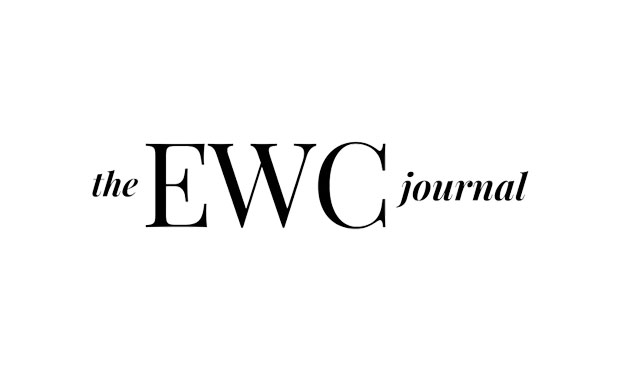By: April Feng
John Williams is an internationally acclaimed composer, best known for his influential work in film scoring on the Star Wars saga. Although his career has spanned nearly 70 years, Williams still remains relevant today. He was recently invited to lead the Vienna Philharmonic Orchestra and internationally acclaimed violin soloist Anne-Sophie Mutter as a guest conductor, marking his first time conducting a European orchestra.
Williams’s career began in the late 1950s, when he started composing for various television programs such as Lost in Space and Bachelor Father. Soon, he created his first film composition, the low budget movie Daddy-O , in1958. After gaining attention for his talent in composing, he soon earned his first Academy Award nomination for 1967’s Valley of the Dolls. He eventually won his first Academy Award for 1971’s Fiddler on the Roof. Williams grew more and more well known, winning yet another Academy Award nomination for the film Images, a collaboration with well known percussionist Stomu Yamashta.
Soon, Williams began his collaboration with Steven Spielberg, a pioneer of the Hollywood film industry. The film Jaws, Spielberg’s second film, became widely renowned for its ominous two note melody that Williams composed. This earned Williams another Academy Award, marking the beginning of Williams and Spielberg’s string of collaborations.
Spielberg also recommended Williams to George Lucas, a fellow director friend of his. Lucas was directing Star Wars at the time and commissioned Williams to compose the score. Taking heavy inspiration from Strauss and Dvorak, Williams composed a masterpiece film score that is now one of the most widely recognized themes in the history of films. The film soon turned into a series, with Williams producing iconic theme after iconic theme for each film score.
In 1981, the first movie of the Indiana Jones series, Raiders of the Lost Ark, reunited Williams together with two film directors that had pushed him to fame: Spielberg and Lucas. Williams would also go on to score the other three films in the series.
The Williams-Spielberg collaboration then returned with the film E.T. the Extra-Terrestrial, of which won Williams his fourth Academy Award. This collaboration continued across a plethora of famous films, including Jurassic Park (1993), Schindler’s List (1993), and Saving Private Ryan (1998).
Coming into the 2000s, Williams took on his next big series with the movie adaptation of J.K. Rowling’s world-famous book series, Harry Potter. The most prominent theme, “Hedwig’s Theme,” has now been associated with the films, similar to Williams’ other original compositions in the movies Jaws, Indiana Jones, and more. After a three year break from the scene, Williams returned to score Spielberg’s two new films, in addition to continuing the Star Wars saga. In recent months, Williams has announced his retirement from the Star Wars films, stating, “We know J. J. Abrams is preparing one Star Wars movie now that I will hopefully do next year for him. I look forward to it. It will round out a series of nine, that will be quite enough for me.”
Throughout his career, Williams has been invited as guest conductor for multiple orchestras, including the Boston Pops, New York Philharmonic, Los Angeles Philharmonic, and recently, the Vienna Philharmonic Orchestra. He has also been commissioned by multiple artists to compose concert pieces, and he is currently working on a piece for violinist Anne-Sophie Mutter. Although Williams is not as active in the film making scene as he was at the peak of his career, he is still regarded as one of the most important and influential film score composers of all time. His music has certainly made a mark in history, and his legacy will continue for years to come.
https://www.wienerphilharmoniker.at/concerts/concert-detail/event-id/10146
http://www.gsamusic.com/clients/john-williams/
https://johnwilliams.org/compositions/film
https://www.newyorker.com/culture/persons-of-interest/the-force-is-still-strong-with-john-williams











